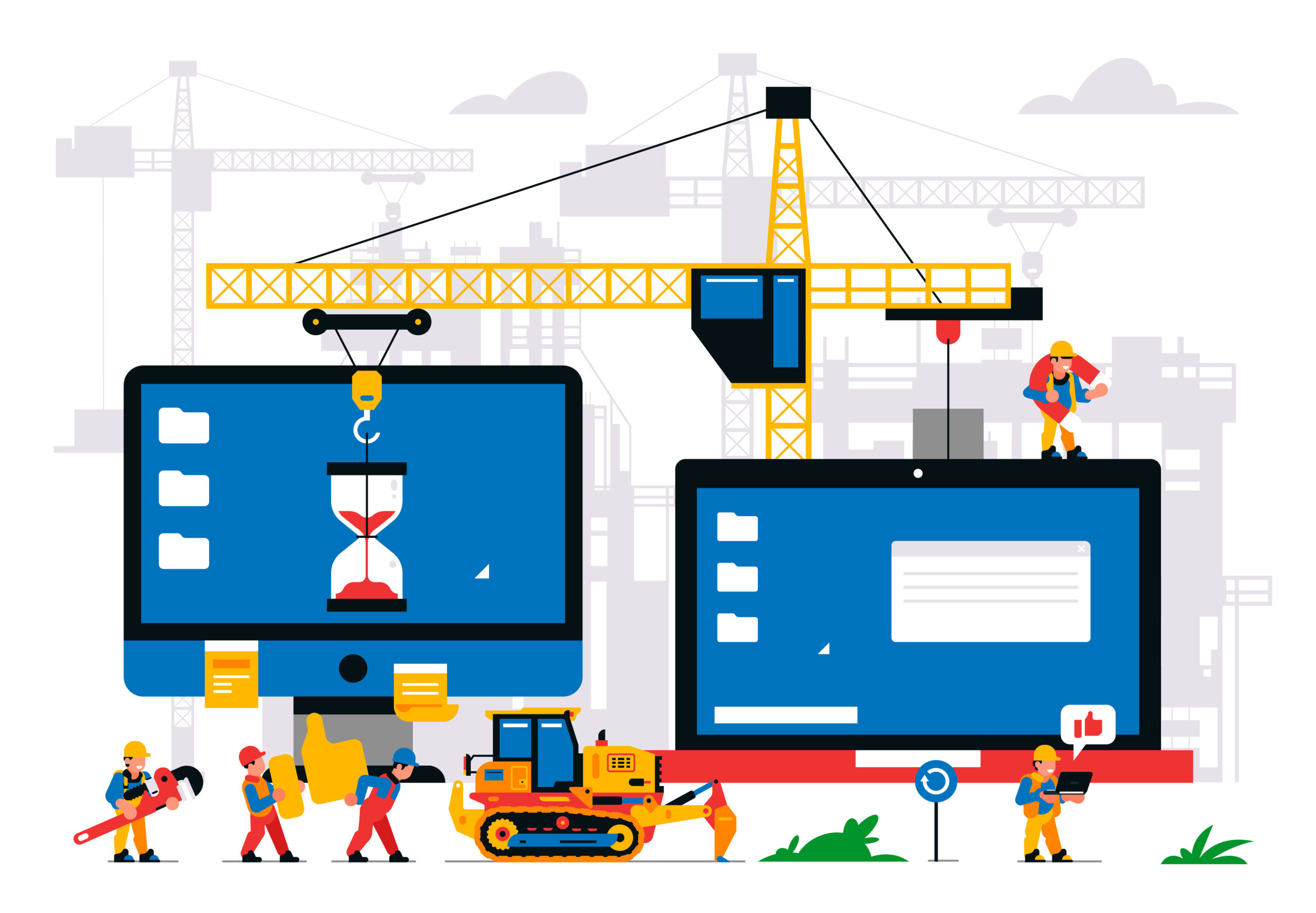In today’s digital age, having a robust online presence is crucial for any business or individual. One of the first steps in establishing this presence is creating a website. This often leads to a critical decision: should you use a website builder or opt for a custom website? Each approach has its unique advantages and drawbacks, and the right choice depends on various factors including budget, time, technical expertise, and specific needs. This article delves into a comprehensive comparison of website builders versus custom websites to help you make an informed decision.
Website builders, such as Wix, Squarespace, and Weebly, have revolutionized the way people create websites. These platforms offer a user-friendly interface, allowing individuals with little to no technical knowledge to create professional-looking websites. The drag-and-drop functionality simplifies the design process, enabling users to select elements like text boxes, images, and buttons and place them wherever they desire. This ease of use is one of the most significant advantages of website builders. You can get your website up and running in a matter of hours, if not minutes, which is particularly beneficial for small businesses or individuals who need a quick online presence.
Another advantage of website builders is cost. These platforms typically offer various pricing plans, including free options with basic features and premium plans that provide additional functionalities and customization options. This tiered pricing structure makes website builders an attractive option for those on a tight budget. Moreover, website builders often include hosting and domain services in their packages, further simplifying the process and reducing overall costs. For instance, Wix offers a free plan with Wix-branded domain and ads, while its premium plans range from basic personal websites to advanced business solutions, including e-commerce functionalities.
However, the simplicity and cost-effectiveness of website builders come with limitations. One of the primary drawbacks is the lack of flexibility and customization. While website builders offer a range of templates and design options, they may not provide the level of customization some businesses require. This can be a significant limitation for companies with specific branding guidelines or unique design needs. Additionally, because these platforms cater to a broad audience, the websites created can sometimes lack originality, making it challenging to stand out in a crowded market. For instance, despite the plethora of templates available, users might find that other websites look remarkably similar to theirs, which can be a disadvantage for businesses striving for a unique brand identity.
SEO (Search Engine Optimization) capabilities are another critical consideration. While website builders do offer basic SEO tools, they often fall short compared to the advanced SEO options available with custom websites. Custom websites, built with specific SEO strategies in mind, can be more effectively optimized for search engines, leading to better visibility and higher rankings. This is particularly important for businesses that rely heavily on organic search traffic for leads and sales. For example, custom websites can incorporate advanced SEO techniques such as schema markup, custom meta tags, and tailored content strategies that align closely with business goals and target audience needs.
On the other hand, custom websites offer unparalleled flexibility and customization. Built from scratch, often by professional developers, custom websites can be tailored to meet the precise needs and preferences of the business or individual. This approach allows for unique designs that align perfectly with a brand’s identity, providing a distinct and professional online presence. Custom websites also offer the advantage of scalability. As a business grows and its needs evolve, a custom website can be easily modified and expanded to accommodate new features and functionalities. For instance, a business starting with a basic informational site can later expand to include e-commerce, membership systems, or other complex functionalities without the constraints often associated with website builders.

Performance is another area where custom websites typically excel. Custom websites can be optimized for speed and performance, ensuring a smooth user experience. This is crucial as website performance directly impacts user engagement and conversion rates. Slow-loading websites can frustrate users and lead to high bounce rates, negatively affecting a business’s online success. By contrast, website builders, while improving, may not offer the same level of performance optimization as custom websites. Custom websites allow for precise control over all aspects of the site, from server configuration to frontend optimizations like minifying CSS and JavaScript, leading to faster load times and a better overall user experience.
Security is a further consideration. Custom websites, when built by knowledgeable developers, can incorporate advanced security measures tailored to the specific needs of the business. This is particularly important for websites handling sensitive data or e-commerce transactions. While website builders do offer security features, the level of protection may not be as robust or customizable as that of a custom-built website. Custom sites can implement stringent security protocols, such as advanced firewalls, regular security audits, and custom SSL certificates, to ensure data protection and compliance with industry standards.
The process of creating a custom website, however, is more time-consuming and expensive than using a website builder. It requires a significant investment of both time and money. Engaging professional developers and designers can be costly, and the development process can take weeks or even months, depending on the complexity of the project. This makes custom websites a less viable option for those needing a quick and affordable solution. However, this investment often pays off in the long run through a tailored, high-performing, and secure website that meets specific business goals.
Maintenance is another factor to consider. Custom websites often require ongoing maintenance and updates to ensure they remain secure and function optimally. This can involve additional costs and technical expertise. In contrast, website builders handle maintenance, updates, and security patches automatically, relieving users of these responsibilities. For businesses or individuals without dedicated technical support, the hands-off maintenance provided by website builders can be a significant advantage, ensuring the site remains up-to-date without additional effort.
Summary
In summary, the choice between a website builder and a custom website depends on several factors. Website builders are ideal for those needing a quick, cost-effective, and user-friendly solution. They are particularly suited for small businesses, personal projects, or those with limited technical expertise. On the other hand, custom websites are the way to go for businesses requiring a high level of customization, performance, and scalability. They are better suited for established businesses, e-commerce sites, or those with specific branding and design needs. Ultimately, it’s essential to weigh the pros and cons of each option in the context of your specific requirements, budget, and long-term goals. Whether you choose a website builder or a custom website, the key is to ensure your online presence effectively represents your brand and meets the needs of your audience.



